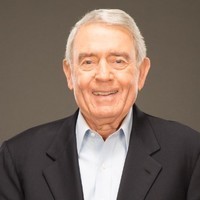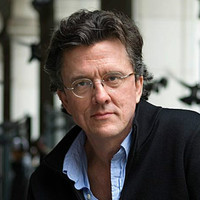Joe Sexton is a senior editor at ProPublica and a former reporter and editor at the New York Times, where he led the team that produced "Snow Fall."
"My experience in a newspaper newsroom over the years has been: The word you hear least often, the word that's hardest for people to say in that environment, is the word yes. It's safer to say no. You get second-guessed less often if you say no. Your job's not on the line if you say no. But if you're willing to say yes and you're willing to face the consequences of having said yes, then quite amazing things can happen."
Thanks to Random House and TinyLetter for sponsoring this week's episode.













 Pamela Colloff is an executive editor and staff writer at Texas Monthly.
Pamela Colloff is an executive editor and staff writer at Texas Monthly.
 Mimi Swartz has written for Talk, The New Yorker and Vogue. She is an executive editor at Texas Monthly.
Mimi Swartz has written for Talk, The New Yorker and Vogue. She is an executive editor at Texas Monthly.











